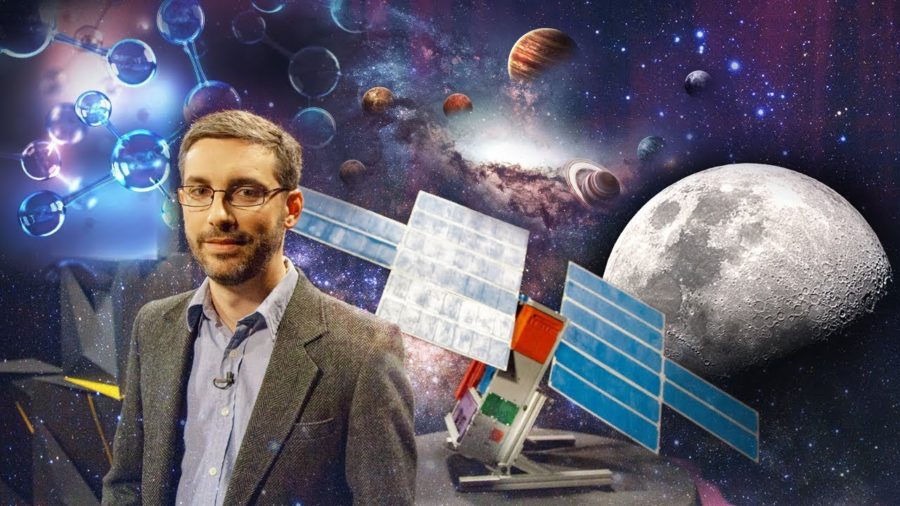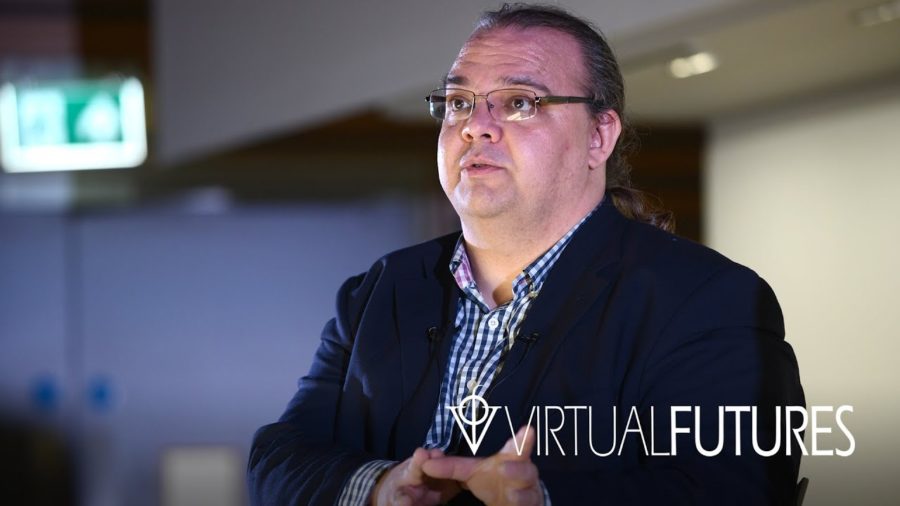We’re sending LunaH-Map to the moon to sniff out just how much hydrogen is beneath the surface. And we’re looking for hydrogen because it’s a key component of water. Water is geologically interesting on the moon. How did it get there? It’s also important for future human exploration, since it could be used as fuel.
Archive (Page 1 of 2)
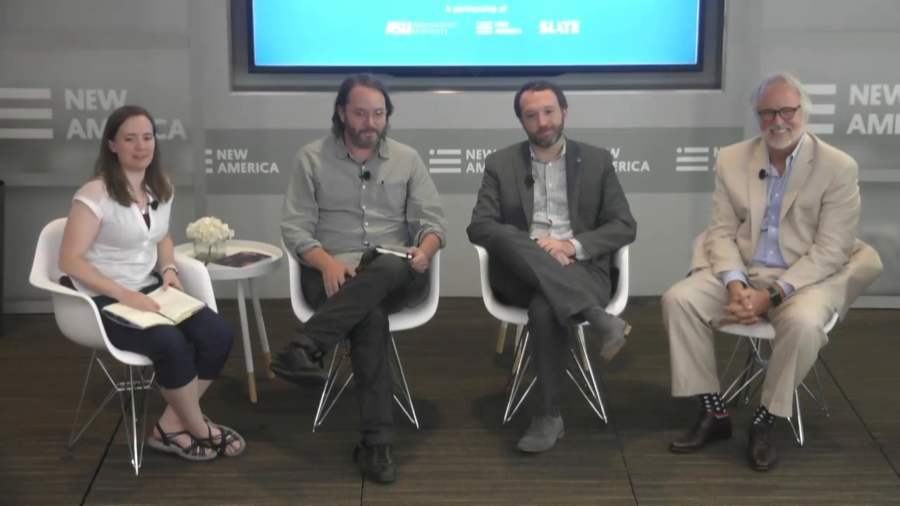
Community is always part of a system that we sometimes can or cannot see or recognize. And in Gerard O’Neill’s proposals for these islands in space, those communities…were supposed to perform a very specific function in a larger system. They were supposed to be experiments.
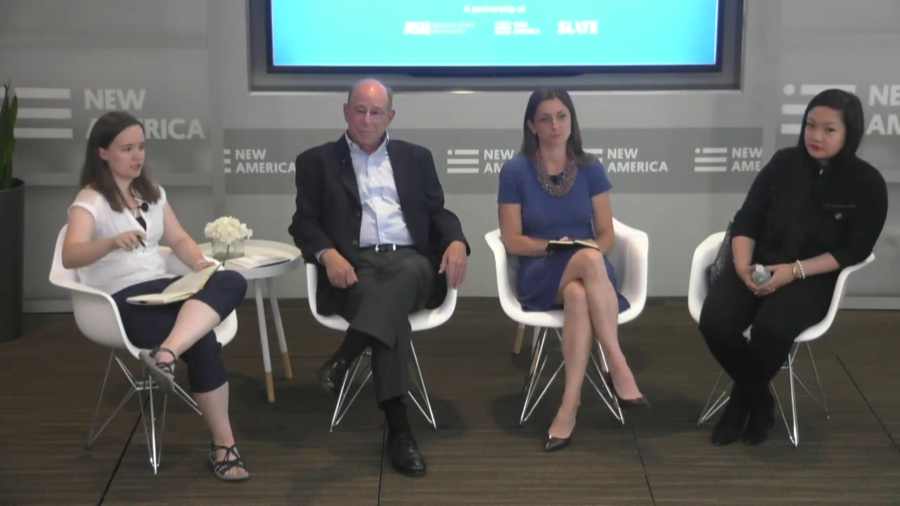
I personally am not worried about settlements. I think they’re so far in the future that we can’t predict what they’ll look like. We can’t even keep human beings, particularly a lot of human beings, alive in space or have real settlements, the way we envision a colony or a settlement. I don’t think the lack of sovereignty is going to hurt any of this.
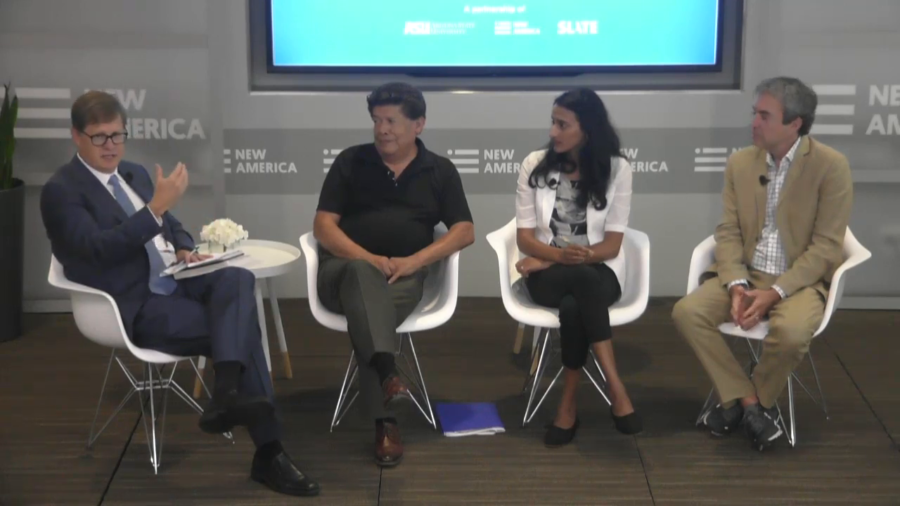
I think we’re already moving into a very—uncomfortably for most of us, into a place where nation-states, governments, are being forced to cede authority to corporations. And that is going to, I assume, happen faster and faster. And if you throw in space, if you throw in the limitlessness of space, then I mean…the sky’s the limit so to speak. I don’t know what the…where that takes us.
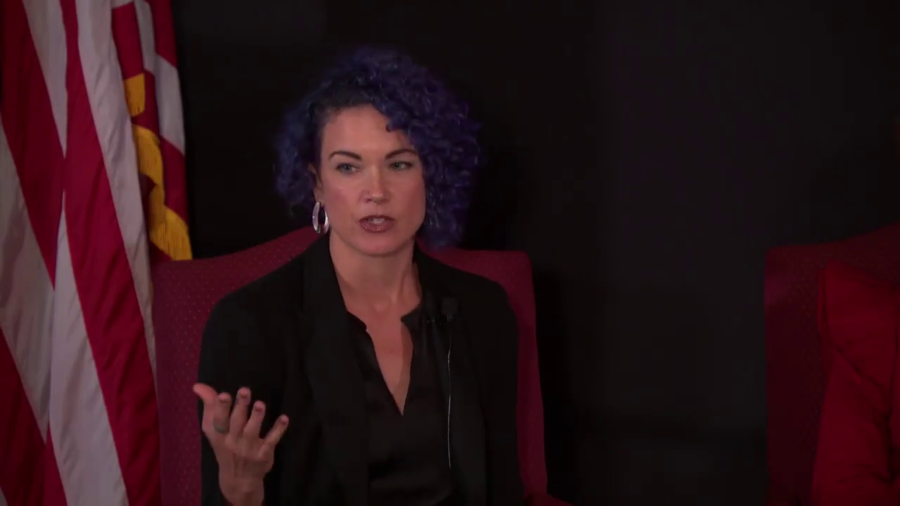
The overview of this particular panel, if you’ll notice in the program is called “Alternative Futurisms.” And this, as should probably be evident by now is centered on science fiction and the imagination. It really has a power to inspire and instruct us as we envision the future, but it’s also long been a vehicle for myths of Manifest Destiny. And so, we wanted to start today by talking about the viewpoints of humanity’s future that are alternative to some of these mainstream narratives, and how we might conceptualize life off-world in radically different ways.
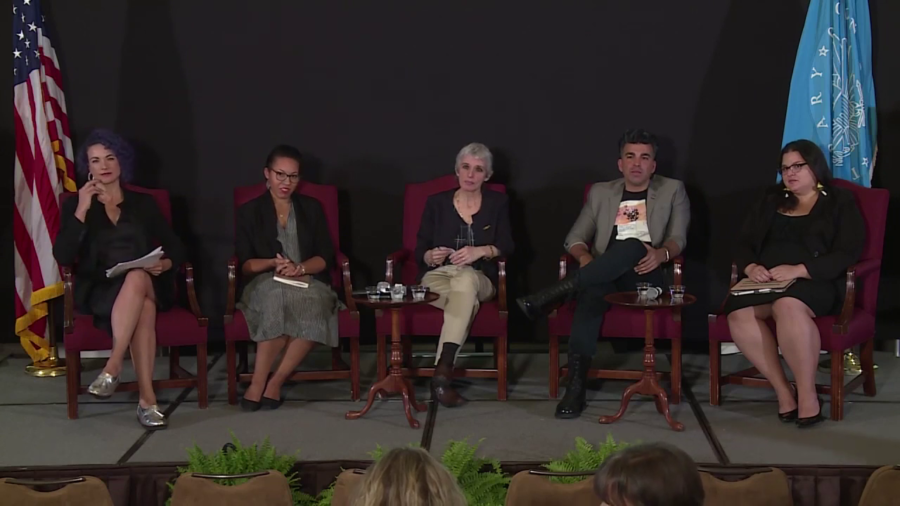
Our second panel today…deals with the intersections between Mars as a planet, a real physical space, and the way that we think about environments in Earth history. And nowadays we know more than we ever have before about the Martian environment and some of the history there. But as I mentioned this morning, in many ways, we’ve still just scratched the surface. And so, we want to look in this panel at what we can do to think about the exploration of other worlds, or human beings living off-world, in light of the history that we’ve had here on our own planet.
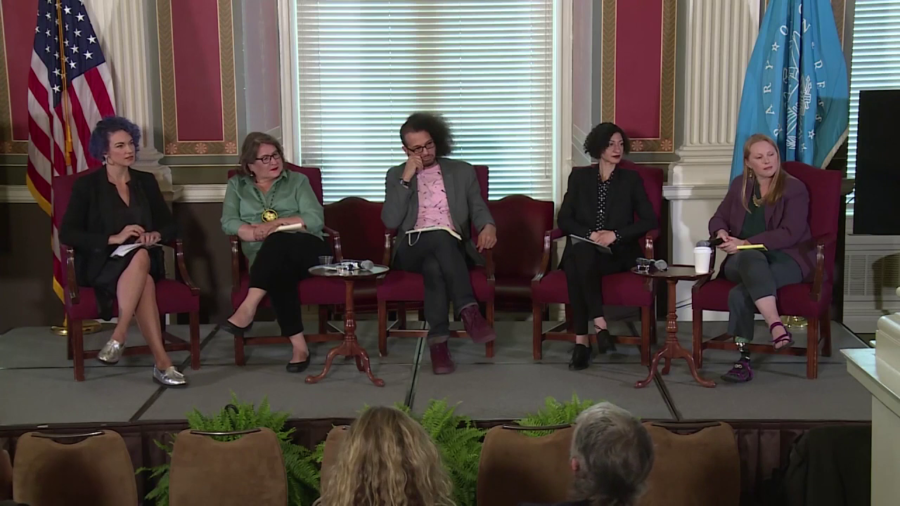
In this first panel we’ll be talking about how narratives of space exploration influence our modern ideas about who can explore space, and what it means to really have the right stuff, and how that meaning might evolve, and how we could change it.
So long as we’re limited to one planet, ultimately our resources are limited. And therefore every person in the world is competing with every other person in the world for a piece of a finite pie. Okay, and every new person born is a threat, every nation is fundamentally the enemy of every other nation, every race of every other race, and the only question is how do we kill them.
Everything we know about biological sciences, medicine, agriculture, disease, whatever, is based on studying one example of life. Life on Earth. Life as we know it. If we find another example that’s different, a second genesis, and independent origin of life, comparing those two might enable us to answer questions that we would never be able to answer if we only had one example to study. That could provide practical benefits for humans as well as better understanding of how to manage ecosystems, etc.

